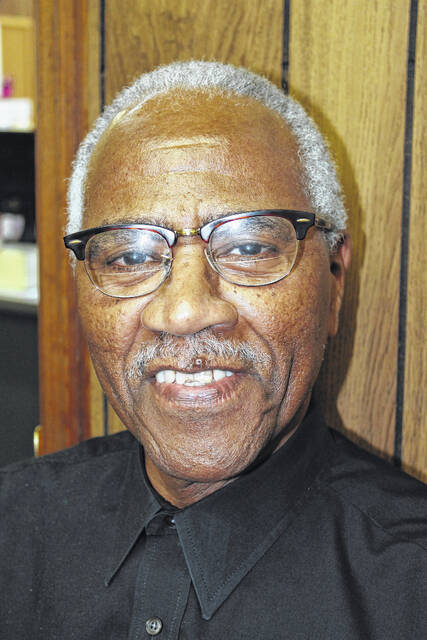Since 1987, by an act of Congress, the month of March has been set aside for the recognition of women’s contributions to the nation’s history, culture and society in general, as Women’s History Month. It was also in March 1969 when the National Women’s Hall of Fame was established in Seneca Falls, New York, the site of the first Women’s Rights Convention in U.S. history, in 1848. After its founding in 1969, the National Women’s Hall of Fame inducted its first class of inductees in 1973, with Harriet Tubman being a member of that inaugural class. As of 2021, it had 303 inductees with the next class of inductees slated for later in the fall of this year.
Harriet Tubman had earned her place in history “because she was a conductor of the Underground Railroad,” fighting to free her people from slavery by leading them to the “promised land” or freedom North or to Canada. She became known as the “Moses” of her people, like the Moses in the Bible who led his people out of bondage in Egypt. In describing her role of a conductor, Tubman proclaimed, “I was the conductor of the Underground Railroad for eight years, and I can say what most conductors can’t; I never ran a train off the track and I never lost a passenger.” It is reported that she made at least 19 trips, with a reward for her capture on her head.
This amazing woman called “Moses” engendered respect from the people she came in contact with, and it has been stated that “she demanded that they do more, give more, be better allies, and they did.” She also attributed her fearlessness, courage, and endurance to her belief and faith in God, which gave her the will to keep going even in the tough times. Tubman was often asked, “How did she manage to keep going?” She would always reply, “Twasn’t me, twas the Lord.”
As if risking her life to help rescue slaves from the South wasn’t dangerous enough, Harriet joined the Union Army as a spy and a nurse—her role during the Civil War that “is often overlooked.” In her role as a Union spy, Tubman became the first American woman “to command an armed military raid.” And for these very reasons, the CIA has honored Harriet Tubman “as a model spy” with a new statue on the CIA campus in Virginia, as someone embodying “ingenuity, stealth, courage, and selflessness.” In speaking on Tubman as a “worthy” choice for the spy agency, historian Elizabeth Cobbs declared, “this was not a case of promoting diversity at the expense of history.”
At a recent Harriet Tubman Day(March 10) event in Newark, New Jersey, in commenting on a new monument of Tubman, her great-great-great grandniece said, “the monument…will memorialize her heroism, will inspire future generations to take action when they see injustice and will instill the value of service to the most vulnerable in our society.”
Larry Sutton is a retired educator who taught at Clinton High School.

